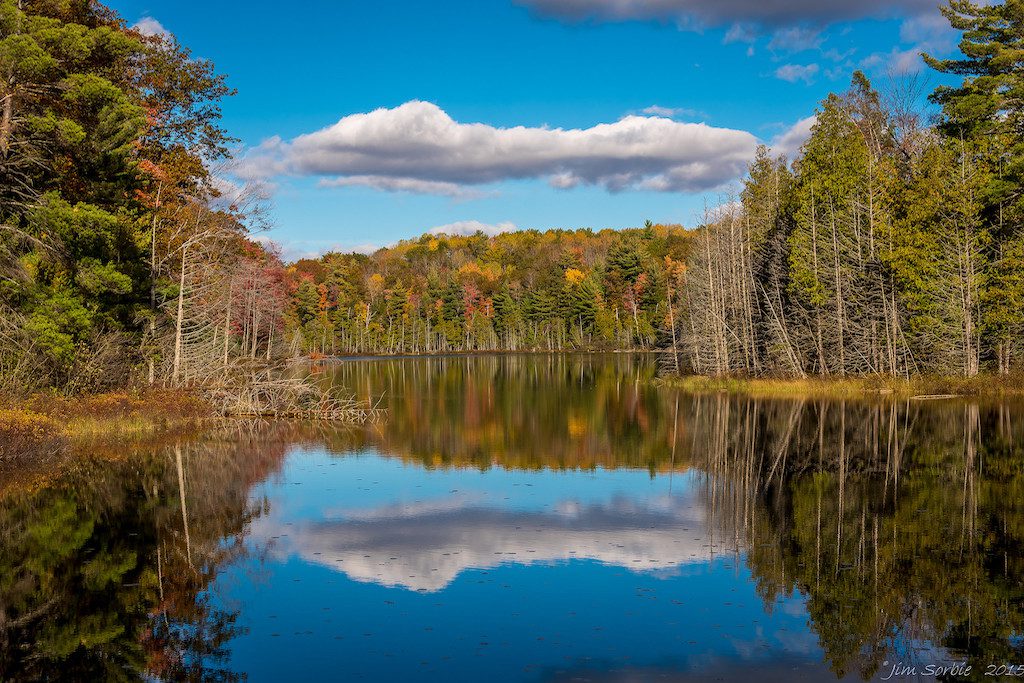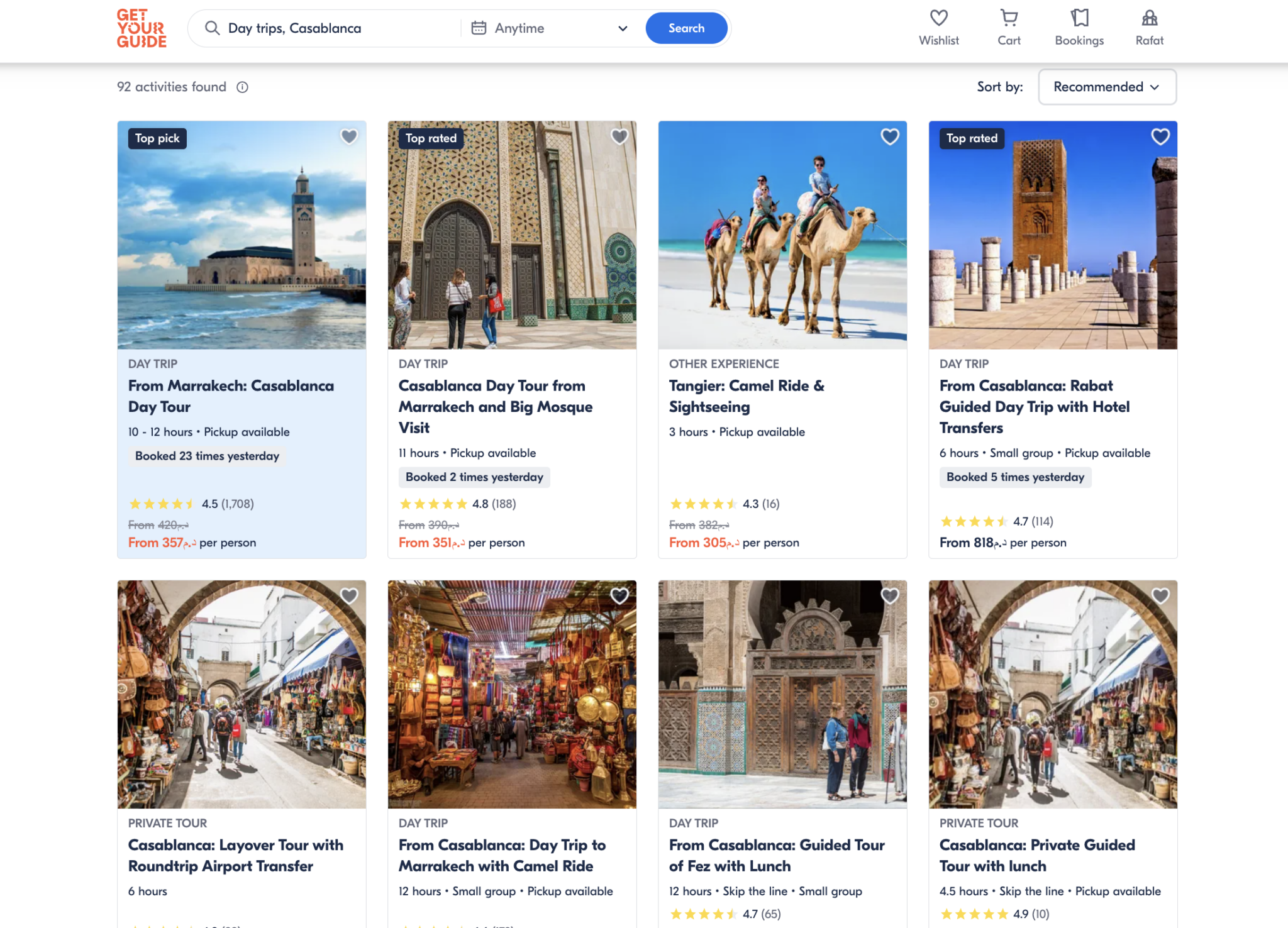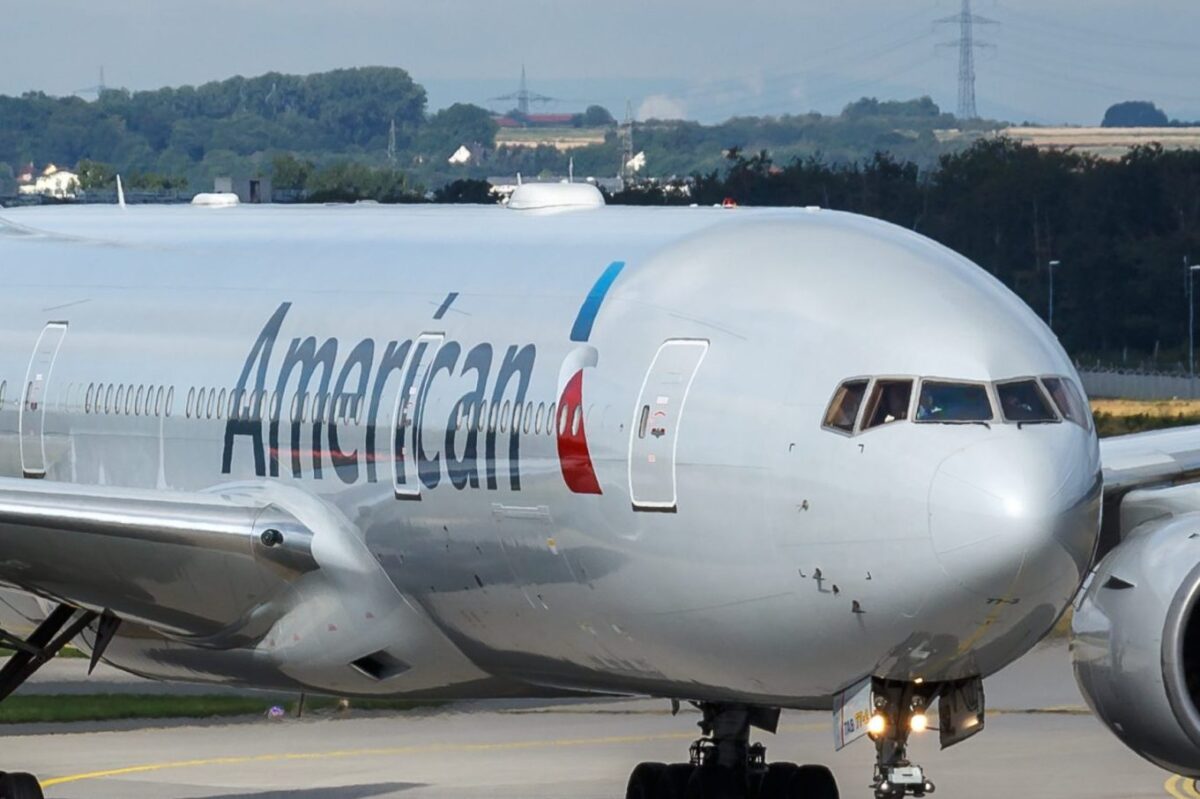Pure Michigan Is the Latest Casualty in U.S. Tourism Promotion Funding

Skift Take
For 13 years, the Pure Michigan ad campaign has been a fixture across media in the United States, often featuring Detroit native and actor Tim Allen. Its folksy and down-to-earth appeal has seen it morph into something of a state slogan, featured on license plates and sweatshirts inside the state at the same time it’s broadcast to would-be visitors elsewhere.
But come January, the campaign will go dark on TV screens, radios, print outlets, and other advertising channels, after Michigan Governor Gretchen Whitmer used her line item veto power to axe the program’s entire budget, which was $36 million in 2019. The funding was not restored in the $574 million budget deal that lawmakers reached last week.
Pure Michigan is a campaign run by the Michigan Economic Development Corporation, the state’s marketing arm. Otie McKinley, spokesperson for the program, told Skift that beginning in early January, “we will be unable to purchase the national TV, digital advertising, search marketing and other tactics that were so instrumental in driving $2.5 billion in visitor spending, generating $153 million in state tax revenue supporting Michigan workers, schools, businesses, and families in every corner of our state.”
Travel Michigan, the arm of the development corporation that oversees Pure Michigan, will maintain funding for state-run websites promoting tourism to the state. When asked about the hope for a reversal or new funding source, McKinley said “it is our understanding that policy makers may consider additional supplemental spending bills after the new year.” He added that the cuts don’t just affect the award-winning Pure Michigan campaign, but also the group’s “signature business attraction and community revitalization programs.”
It’s unclear if the governor was motivated by a distaste for taxpayer-funded tourism marketing, or if the program was just collateral damage in a protracted budget battle. Whitmer had originally proposed cutting the program’s budget by $5 million, rather than scrapping the entire thing. Skift has reached out to her office for comment.
But some lawmakers, like Republican Senator Mike Shirkey, were outspoken about the fact that tourism marketing has no place in the taxpayer-funded budget. He was quoted in the Detroit Free Press as saying “I believe that those who benefit the most from Pure Michigan should be the ones who primarily fund it.”
The demise of Pure Michigan represents the common quandary of tourism funding, especially in the U.S. Fiscally conservative legislators see tourism promotion as an easy thing to cut, because it’s not as obviously important to voters as, say, investment in healthcare and schools. Meanwhile, tourism officials argue that in absence of promotion, the cascade of economic benefits that tourism can bring to voters will begin to recede; in Michigan’s case, they argue, the campaign brings in $9 for every $1 invested. It should be noted that some critics have cast doubt on this rate of return on investment, and not been satisfied with how it was calculated.
The issue is that once the promotion goes away, those benefits don’t tend to dry up immediately. It can take months or years before a dearth of advertising causes a drop in visitors, and it’s hard to prove causation even then. So tourism promoters — like those in Florida and even at the national level with the fight to renew Brand USA — are in a position of convincing lawmakers that their efforts really do have benefits beyond lining the pockets of tourism business owners.
Don Welsh, the president and CEO of members organization Destinations International, told Skift that the axing of Pure Michigan is part of a larger trend. “[It] is a blatant example of the weaponization of travel, where government officials are allowing bipartisan politics to weigh heavily on decisions that will impact their citizens and communities they serve.”
There’s certainly a discussion to be had about the role tourism marketing should play in an era where overtourism is an increasing reality. Positioning the metric of “more visitors” as a guiding credo is becoming less sufficient as a justification for tourism marketing on its own. But equally, axing entire programs for states where tourism marketing has a solid history is bound to have a negative effect.
McKinley said in the absence of the funding, “Travel Michigan team will continue to work with our tourism partners across the state to the best of our abilities to position Michigan as a premier four-season travel destination and to share the quality of life Michigan has to offer.”
Updated: This story was updated to include critiques of Pure Michigan’s reported return on investment.




